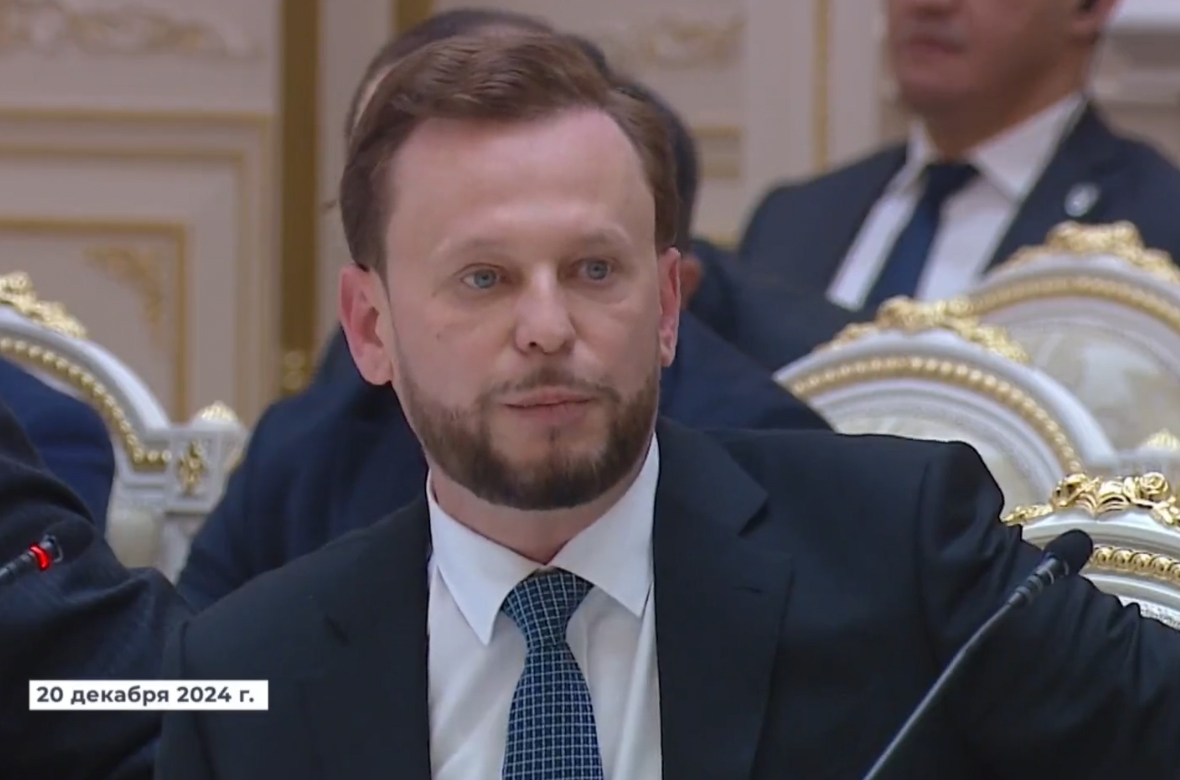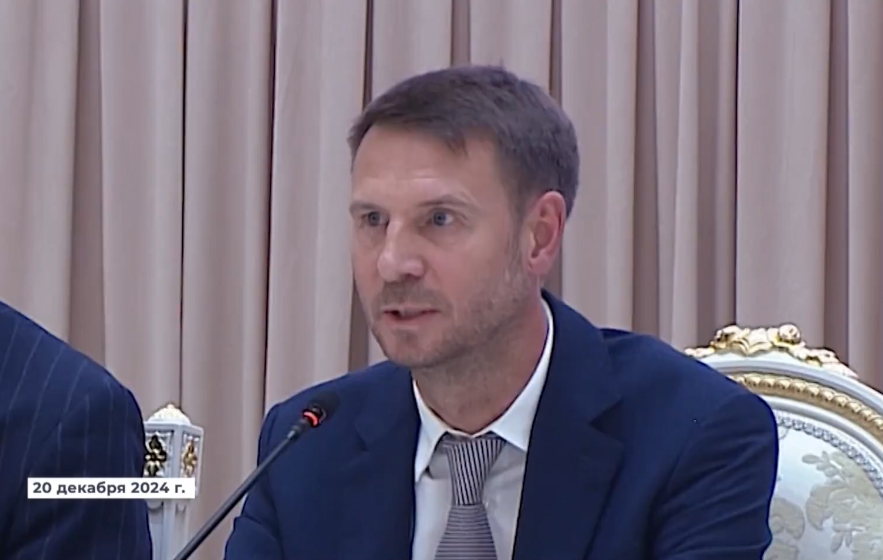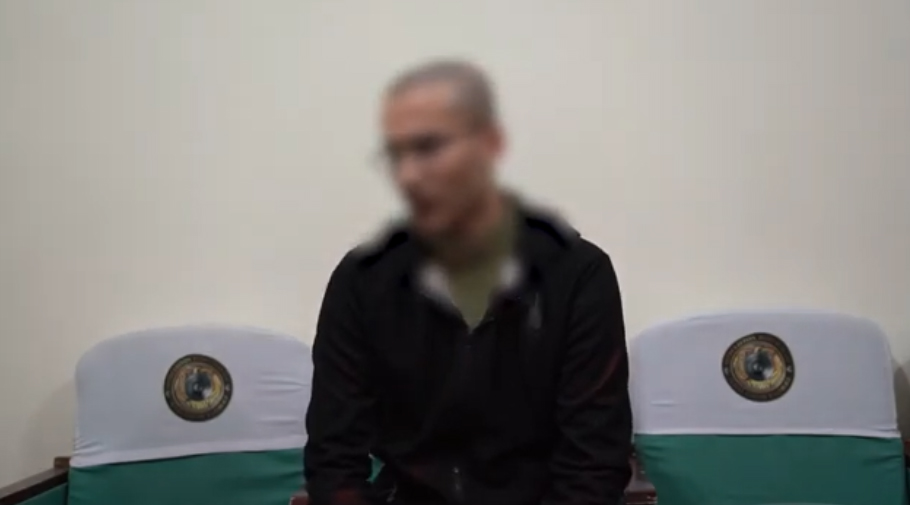This article is also available in:
Русский (Russian)
Uzbek
In the near future, the system of work for officials in Uzbekistan will undergo significant changes. Salaries, behavior, and many other aspects of their activities will be regulated by new rules. For example, all civil servants will sign a one-year contract with an option for renewal based on their performance. Salaries will be classified according to the complexity of the work. And this is just a small part of the innovations. Here are the details.
These changes are outlined in a draft presidential decree titled “On Additional Measures to Improve the System of Organizing the Civil Service,” developed by the Agency for Strategic Reforms and the Agency for the Development of Public Service.
Personnel Training and Recruitment
The draft decree provides for the creation of a personnel training cluster for the civil service. This work will be carried out through continuous collaboration between the Agency for the Development of Public Service, the Academy of Public Administration, and the “El-Yurt Umidi” Foundation. Each of these three organizations will be responsible for specific aspects of training new personnel.
Special attention will be given to recruitment: it is proposed that civil servants sign a one-year employment contract, with the possibility of extension to a permanent term if they achieve positive results. New employees will be required to undergo mandatory retraining courses, followed by professional development courses every three years.
During employee evaluations, factors such as their level of knowledge, moral character, analytical, leadership, and communication skills, knowledge of Uzbekistan’s history and national language, as well as their psychological profile and intellectual potential, will be considered. The results of these evaluations will be compiled into a portfolio that includes information on the employee’s knowledge level and job performance.
Personnel Reserve and the “TOP-100” Program
The personnel reserve for leadership positions will be formed as follows:
- The national personnel reserve will consist of 500 individuals for the republican executive authorities and 1,000 individuals for local khokimiyats.
- A reserve of 1,000 individuals will be formed from those who have achieved positive results while working in the “Mahalla Seven.”
In addition, the authorities intend to actively implement the “TOP-100” program, aimed at attracting talented personnel to leadership positions through a competitive process. Civil servants, representatives of public organizations, entrepreneurs, and compatriots will be eligible to participate in the program. The winners will be included in the National Personnel Reserve, undergo leadership training at the Academy of Public Administration, receive opportunities for internships abroad, and also receive financial incentives.
Reform of Pay and Assessment of Professional Suitability
Significant changes will also affect the pay system. Positions will be divided into “grades” according to the complexity of tasks, and corresponding salaries will be set for each grade. Salary increases will be directly linked to work performance and efficiency indicators (KPI), based on the experiences of countries like Singapore and Korea.
A Center for the Assessment of Managerial Personnel will be established to evaluate the professional suitability of current and potential leaders. This center will assess candidates’ professional knowledge, national values, leadership, and other skills.
Additionally, the creation of a unified electronic platform, Xizmat safari, is proposed for organizing, tracking, analyzing, and evaluating the effectiveness of both domestic and international business trips.
Currently, the draft decree is being finalized with input from domestic and international experts in the field. The implementation of these reforms promises to increase the efficiency of officials’ work and improve the quality of governance in the public sector.
The text has been translated by AI. For more accurate information, please refer to the Russian version of the article.











